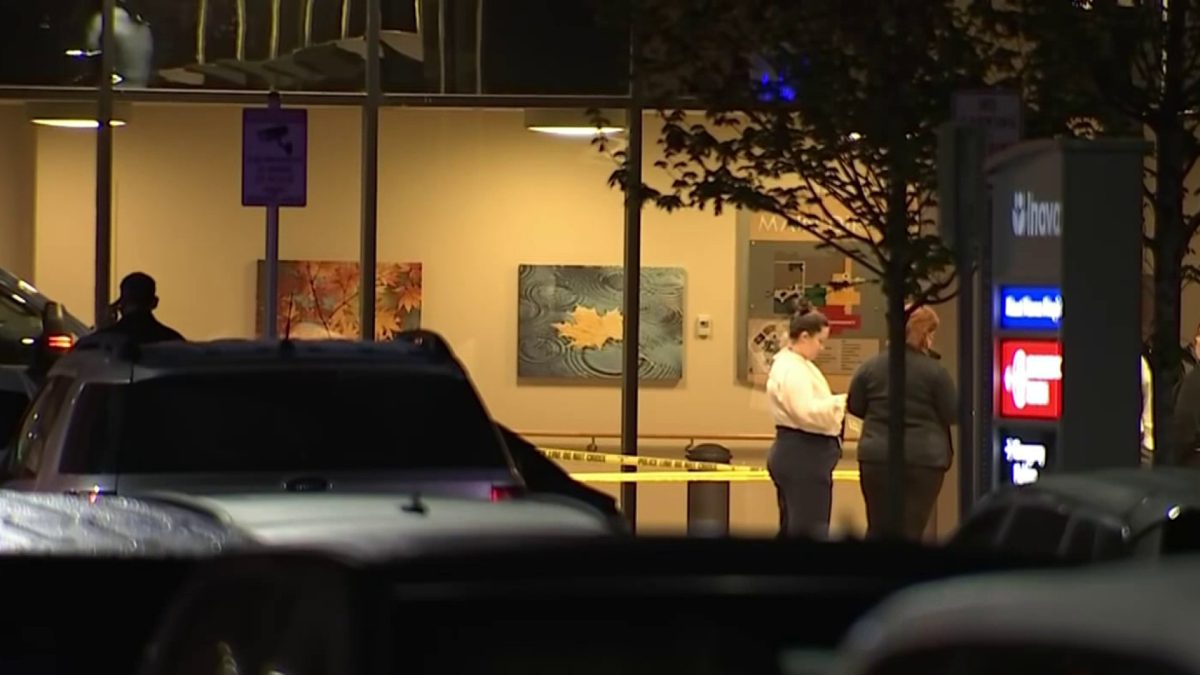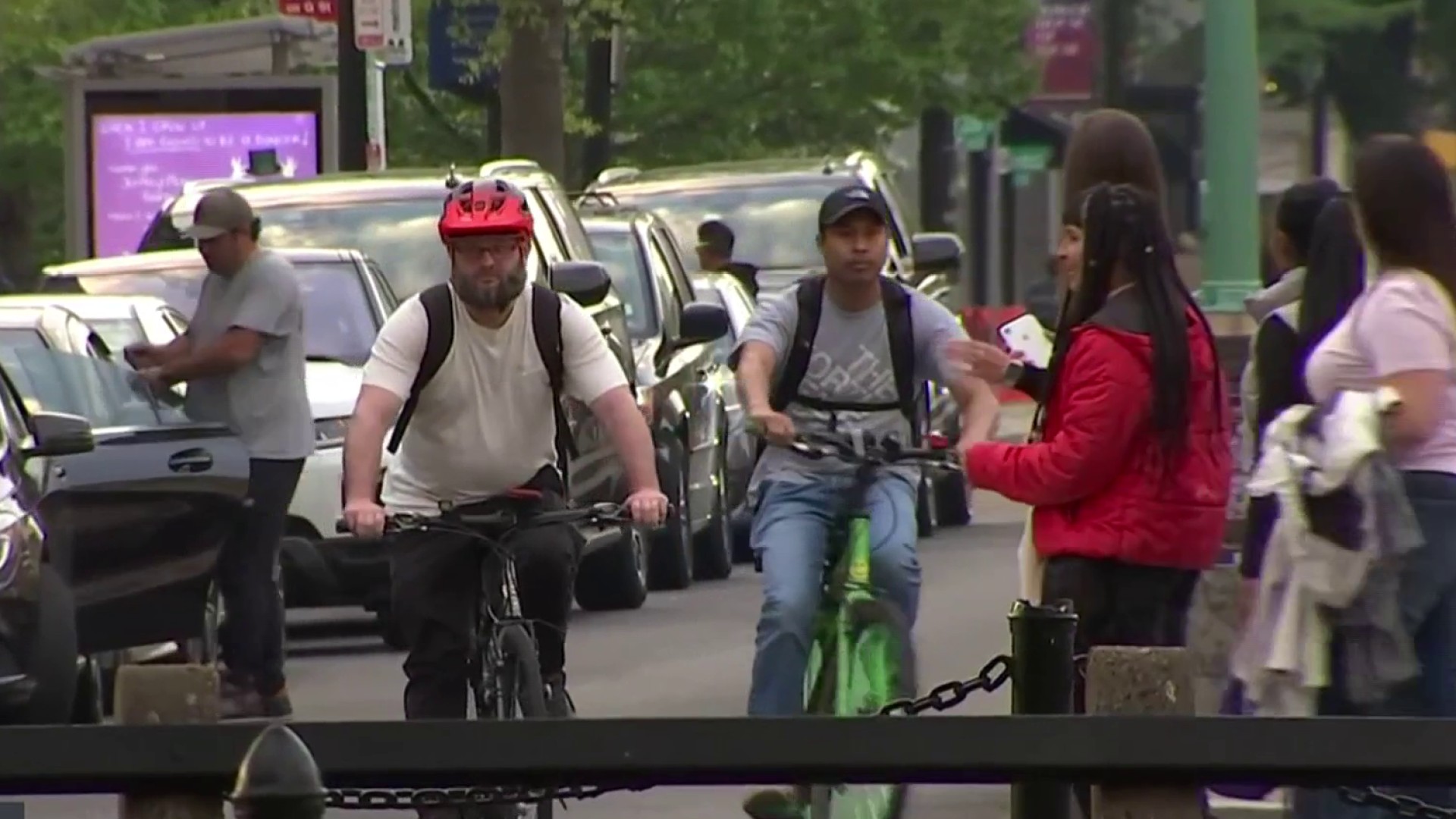A looming federal government shutdown would close national parks, halt the processing of visa and passport applications, shut down Smithsonian museums and keep hundreds of thousands of federal workers off the job.
But the local government in the nation's capital insists it will be open for business as usual, an unprecedented move for a city whose leaders continually struggle to assert their independence from congressional oversight.
District of Columbia Mayor Vincent Gray this week declared all government operations essential, meaning all of the roughly 32,000 municipal workers -- from trash collectors to teachers to DMV workers -- would be expected to report to work.
Legislation circulated by D.C. Council Chairman Phil Mendelson would authorize workers to be paid from the district's contingency cash reserve fund, if necessary.
"I have determined that everything the District government does -- protecting the health, safety and welfare of our residents and visitors -- is essential," Gray in a statement explaining his decision.
The mayor notified the Office of Management and Budget of his plans to keep the government open, but the agency had not responded as of Friday afternoon, said Gray spokesman Pedro Ribeiro. OMB officials did not return messages seeking comment.
"I respect the judgments of the city and hope the Congress will do the same," said Delegate Eleanor Holmes Norton, who represents D.C. in Congress but cannot vote on the House floor.
Local
Washington, D.C., Maryland and Virginia local news, events and information
She added: "I have never second-guessed the city, and I don't think OMB or Congress should second-guess the city on this matter any more than they should second-guess them on how to run the city itself."
The Senate approved legislation Friday to prevent government agencies from closing down next week, the latest step in a fractious budget fight centered on funding for President Barack Obama's health care overhaul. But it wasn't clear whether the Senate and Republican-run House would be able to reach a compromise to avert the shutdown, which would take effect Tuesday, when the government's new fiscal year begins.
Gray's stance is unprecedented in D.C. politics and represents the local government's latest act of defiance against Congress, which wields the ultimate authority over the district's budget and laws. The mayor was arrested in 2011 for protesting restrictions on how the local government could spend federal funds and has clashed with congressional Republicans over their desire to revive a private school voucher program.
Voters last spring approved a referendum allowing the city full budget autonomy, or the ability to spend its local tax dollars without congressional approval under any circumstances.
"We're also making the point that this highlights why budget autonomy is important, and we can't wait until January 1, 2014," Mendelson said.
Non-essential D.C. employees were furloughed for several days in November 1995 during a federal government shutdown. Two years ago, District leaders made plans for a federal shutdown that was ultimately averted by a late agreement in Congress.
There is no danger of the D.C. government running out of money in the event of a federal shutdown, Mendelson said. The contingency fund holds roughly $144 million, and the district payroll is $98 million for every two-week period, Ribeiro said, meaning that the government should be able to make one payroll period.
Keeping the government open during a shutdown could potentially run afoul of the federal Anti-Deficiency Act -- which essentially says money can't be spent unless it's been appropriated by Congress -- but district leaders argue that they don't need the approval of Congress or OMB to draw money from their contingency fund.
"I believe that the people focused on this crisis are not interested in the district government, which is another reason why we should have budget autonomy," Mendelson said.
ALSO SEE:



